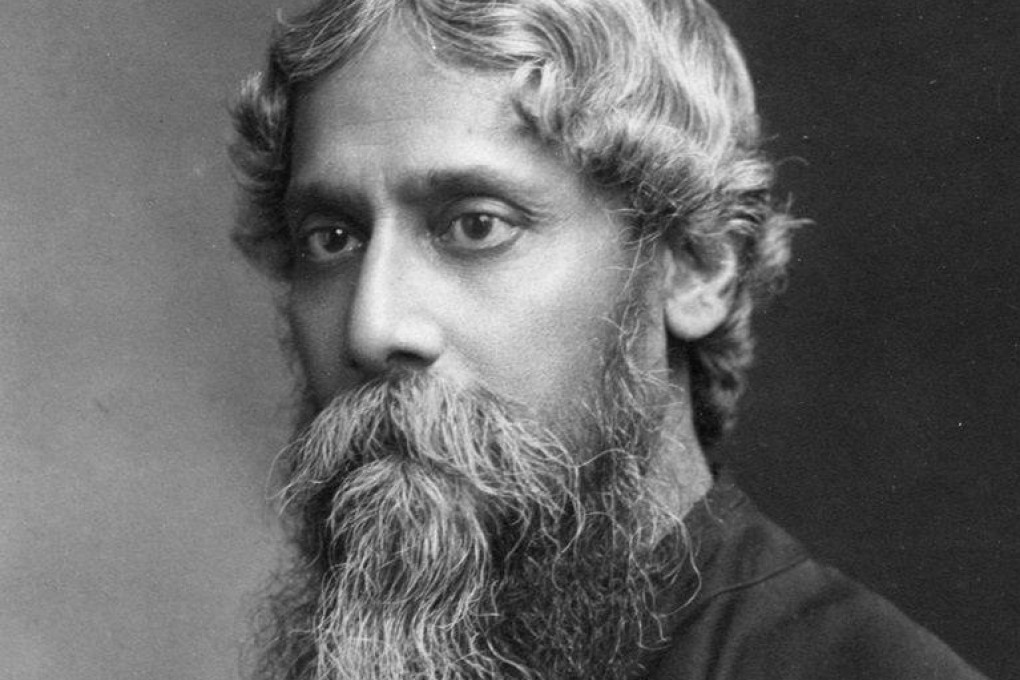Asian Angle | How celebrating the centenary of Rabindranath Tagore’s China trip can offer New Delhi and Beijing a chance to reset ties
- Marking the event could serve as a platform to revive cultural exchanges, reminding both that for most of human history, they have lived in peace
- Tagore centres for civilisational dialogue would help improve the image of China in India and vice versa, which is mostly shaped by Western narratives

One way of turning things around is to reflect on the times when the neighbours were engaged in the struggle to establish modern states and to take seriously a major thinker of that period, Rabindranath Tagore, who envisioned harmonious relations.
This April marks the 100th anniversary of Tagore’s visit to China and provides an opportunity to celebrate the occasion and study his vision.
His point of view was appreciated and he was effusively welcomed by several Chinese intellectuals, including Liang Qichao, who compared his visit with those of ancient travellers between India and China. In his introduction to Tagore, Liang spoke of how India and China had extensive contact in the past – most prominently through Buddhism – which was interrupted by colonial expansion. Western colonialism had not just hindered positive civilisational exchange; it had created the conditions for mutual suspicion and misunderstanding. Liang saw Tagore’s visit as reigniting the contact between two ancient civilisations in modern times.
